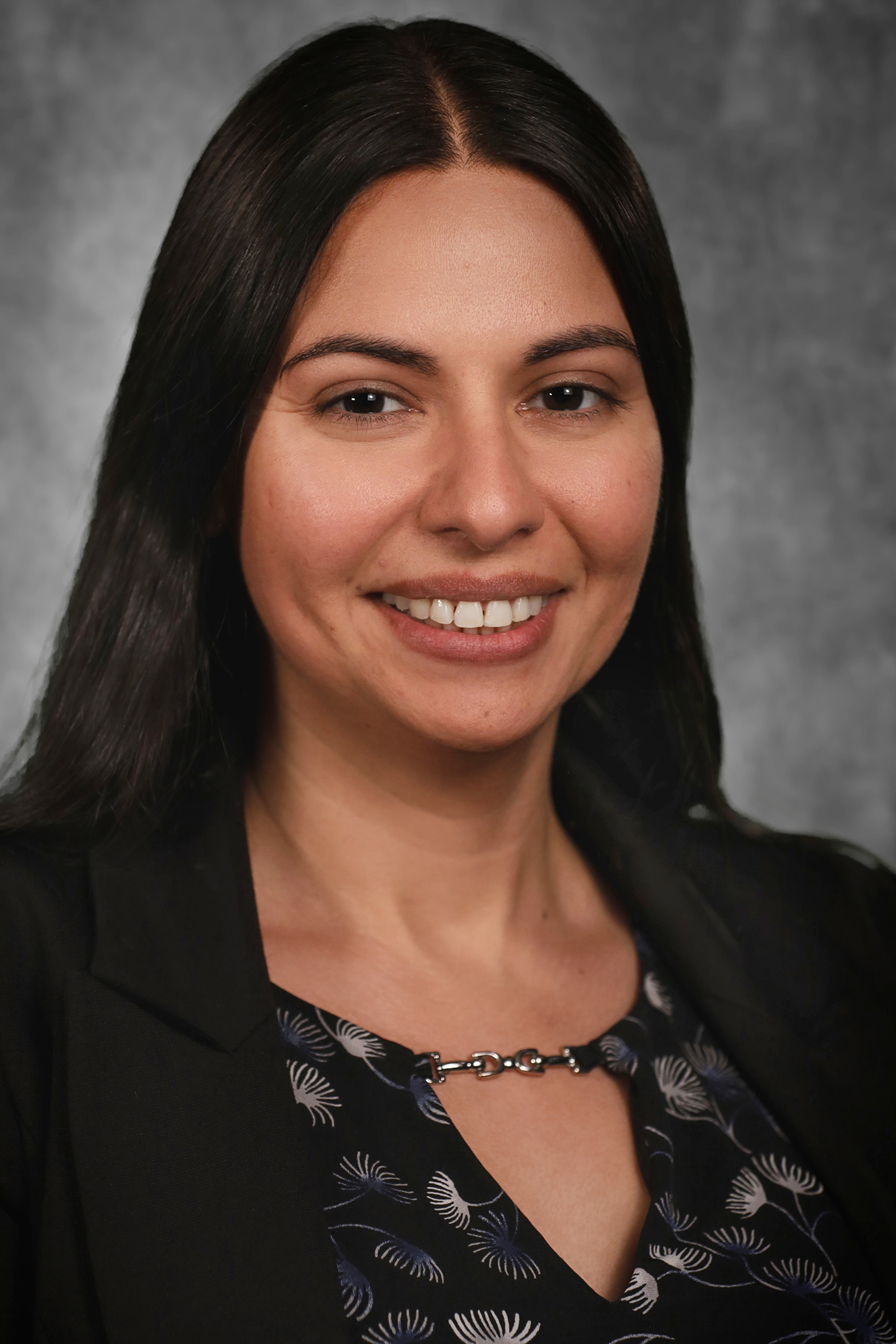Health Equity Reimagined
Soutions in Action: Spotlight
Alleviating Addiction: Assistant Professor Explores Nurses’ Role in Recovery
In Marissa Abram’s experience, every nurse is an addictions nurse. They play an important role in health care, making them well positioned to help alleviate the national addiction crisis. Their help is especially needed for marginalized patients, including minority groups and those who struggle to afford health care.
“Nurses have historically advocated for and provided patient-centered care through a social justice lens,” said Abram, PhD, PMHNP-BC, CARN-AP, FIAAN.
As an Assistant professor at Duke University School of Nursing, Abram has extensive clinical experience with managing and caring for patients with substance use and psychiatric disorders. Her research focuses on prevention, recovery and factors related to evidence-based treatments, such as medications for opioid users.
This work is meaningful, she says, because patients suffering from addiction often face intense stigma and are viewed more negatively than people with physical or other mental disorders. Nurse-led models of care, especially those with high quality and low barriers, can provide access to life saving interventions, simultaneously creating a pathway to connect with patients in a compassionate way that restores human dignity.
“What is unique to addiction when compared to other chronic illnesses, such as diabetes or hypertension, is stigma,” said Abram. “This stigma proliferates negative perceptions about people with addiction and creates barriers to change.”
Despite landmark neurobiological research and evidence showing that addiction is a brain disease, the topic still remains entrenched in issues of health equity. Social and political responses to past substance epidemics have continued to inhibit progress, adding another layer of difficulty to an already complex problem.
Even with public policies that criminalize addiction and a lack of parity in treatment for those who can access care, Abram remains confident that nurses can help lead the way to a better, more compassionate way of caring for patients battling addiction.
“My goal is to identify and eliminate substance-related health inequities,” said Abram. “Nurses provide care across the lifespan, from infancy to the elderly, and across many settings, such as hospitals, clinics, and schools, and we can deliver impactful interventions across ages and proximities.”
Marissa Abram, PhD, PMHNP-BC, CARN-AP, FIAAN, has extensive clinical experience helping patients with substance use and psychiatric disorders. She views her work through a social justice lens and says nurses are vital to alleviating the national addiction crisis.
